I am doing API testing. I already have a test script for API testing. But, now the business introduced the concept of roles and permission.
For example, there is one user (SuperAdmin), and there are APIs for Create Users, View Users, Update Users, and Delete Users.
Initially, it was fine without the introduction of roles and permission.
Now, the business has introduced a new user Admin, and Admin can only view users.
How can I achieve multiple user roles/permission in my script without having a drastic changes?
Note: there are more than 100 API samplers in my script.


